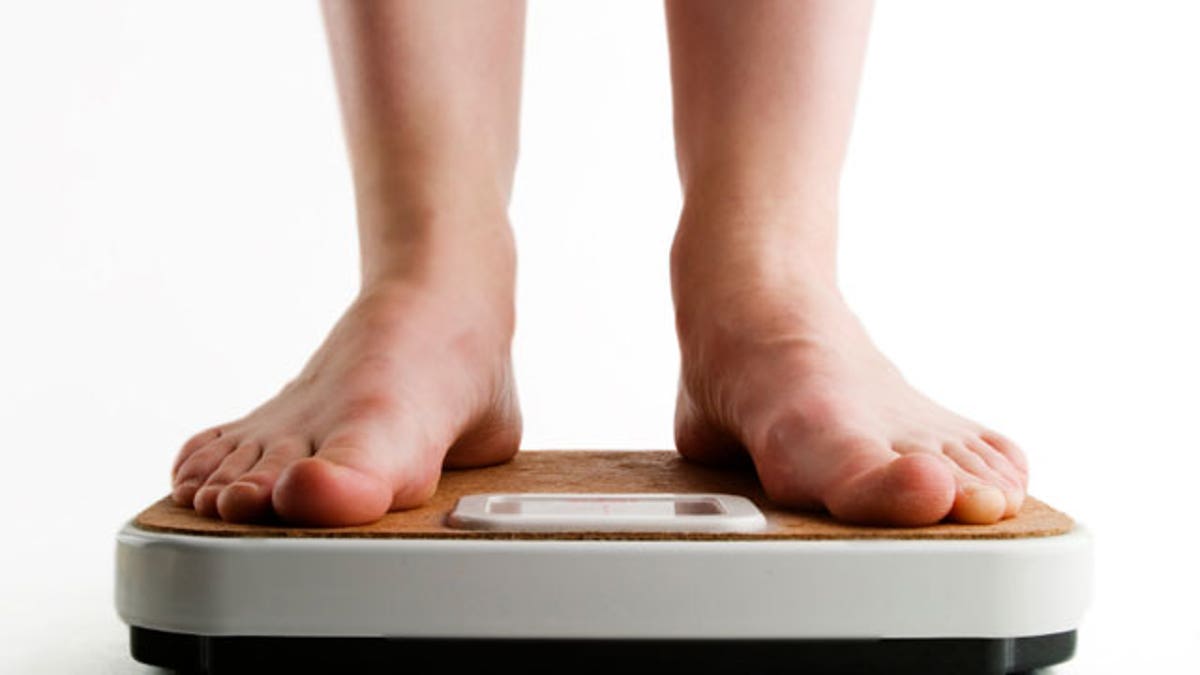
The American Medical Association (AMA) has decided to classify obesity as a disease. This decision is another example of inventing illnesses - a favorite pastime of the American Psychiatric Association (APA) - and another step towards eroding people’s autonomy and making them passive participants in their health. It is also an example of how the medical establishment is laying the groundwork to bill Medicare and Medicaid for every bad choice anyone makes, ever.
With the exception of when obesity is caused by a known pathology, such as hypothyroidism (which, while making weight loss more difficult, would certainly not completely prevent it), it is largely caused by poor decisions—like binging on food or eating lots of candy, ice cream or Cheetos.
The solution to obesity is to empower the individual to make choices that won’t lead to weight gain. This is made significantly more difficult for psychiatrists like me when organizations like the AMA and APA suggest to folks that their weight is beyond their control because an anonymous illness has descended upon them, blowing them up like balloons.
It is also, by the way, made somewhat more difficult by surgeons who suggest that shrinking people’s stomachs with gastric bypass procedures is the solution. Instead, the real solution is expanding their self-esteem and sense of self-determination and giving them the knowledge and tools to make better choices about what to eat, how much to eat and how much to exercise.
Last time I checked, there was no known gene that would make people veer off into the McDonald’s drive-through lane or direct them to choose whole milk over 1 percent milk. No known gene can make you raid the refrigerator at midnight. No known gene can make you drive past six gyms on your way to work and stop at none of them.
Depression and anxiety disorders can fuel obesity because food becomes comforting for many, many people. Lipids actually exert mood-stabilizing and anti-anxiety effects on the brain and central nervous system. And that can set people up to become addicted to food, just like they become addicted to alcohol or tobacco.
But we have gone way too far down the road of suggesting that addictions, in general, are beyond the control of individuals. When an alcoholic chooses alcohol over being available to his or her family and friends, that person is making a decision. When a heroin addict chooses heroin over financial stability and performing well at work, that person is making a choice, too.
And the choice is not beyond that person’s control. It is a measure of how much discomfort the person is willing to endure, in service to himself and others. If an underlying depression is making the pain almost unbearable, then the underlying depression should be treated. If deep feelings of being unloved make the pain almost unbearable, and lead a person to try to bury those feelings under mounds of food, then those feelings need to be examined and overcome.
See, there is a reason why addictions are also called “dependencies.” That’s because they are patterns of behavior upon which people come to rely, in order to escape troubling feelings. They never offer real freedom though. The only freedom is found in facing one’s fundamental fears - especially, the really terrifying ones - and triumphing over them through courage and empathy, for others, but mostly for oneself.
The AMA, in classifying obesity as a disease, furthers the dependency, disempowerment and entitlement culture that is eroding scientific truth and personal autonomy in America.








































